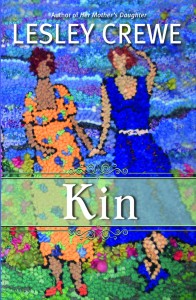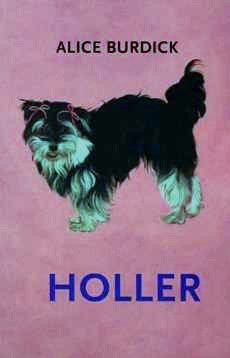Cape Breton mother and author Lesley Crewe has published six acclaimed novels, including her latest, Kin. Lesley’s first novel, Relative Happiness, will be released as a feature-length film in 2014. Lesley spoke with Understorey editor Katherine Barrett about motherhood, grief, and creativity.
How did you start writing novels?
I was working as a newspaper columnist in Cape Breton when I started my first novel, Relative Happiness. I wrote that story to be with my son, Joshua. We’d lost Joshua twenty years earlier, when he was just an infant [see Forever below]. I wanted to write his name—to see his name in something other than granite. So I did, over and over again. I didn’t intend to publish the story—I wrote it for myself—but a friend suggested I send it to a publisher and I’ve been writing novels ever since.
How has motherhood influenced your writing?
It’s who I am. Motherhood has influenced my life so of course it has influenced my writing too. My children are grown and live away from home but the mothering never stops. I don’t write about my kids in my books, yet the experience of being a mother—that love, empathy and worry—shapes all of my characters and stories.
You wrote your first five novels in two years. You’ve now published six and have another due out this summer. How do you it?
Please don’t be too impressed or daunted by how much I have written! Everyone has their own process and a right time in life to be creative. I didn’t write anything when my kids were small; I didn’t have the energy. Now I write just to avoid housework…. Actually, I walk every morning and that’s when I think of my stories. I then sit down and tell those stories, usually in short bursts of intense work. I write books that are easy to read, books that can be enjoyed in the tub or on the beach. I tell the kind of stories I like to read myself, and I draw a lot from my life and from the people around me.
Although the characters in your books often leave Nova Scotia, they seem compelled to return. There’s a pull, especially back to Cape Breton. Do you feel that too?
I spent the first six months of my life in Glace Bay, Cape Breton, and then grew up in Montreal. I have always felt a connection to Cape Breton and was fortunate to have the opportunity to move back, even when so many people have had to move away for work. I’ve lived here 30 years now and everyone I know who has left can’t wait to get back. I think that pull stems from the people here and in the Maritimes in general—the people and the connection we have to each other.
What advice could you give to new writers?
I’ve given workshops in high schools in Cape Breton through the Writers in the Schools program of the Writers’ Federation of Nova Scotia. I tell my students that you don’t need to travel to some exotic place to find a good story. We have lots of great stories—and fantastic characters—right here at home. I also advise new writers to write for the love of it, not out of a desperate need to be published. Write for yourself and trust your characters, too. Sometimes they take your story in new and unexpected directions. Listen to them.
What’s next for you?
I have a new book coming out in August. Chloe Sparrow is a lighthearted novel about a TV producer. The story was my daughter’s idea so I wrote it for her. I also finished another book this winter called Amazing Grace. I fell in love with the main character of that story, Grace. I miss her now. It’s strange the way that works…. This fall will be busy with Relative Happiness, the movie, coming out and with promoting Chloe Sparrow. But I love to meet my readers. They’re always so kind to me.



